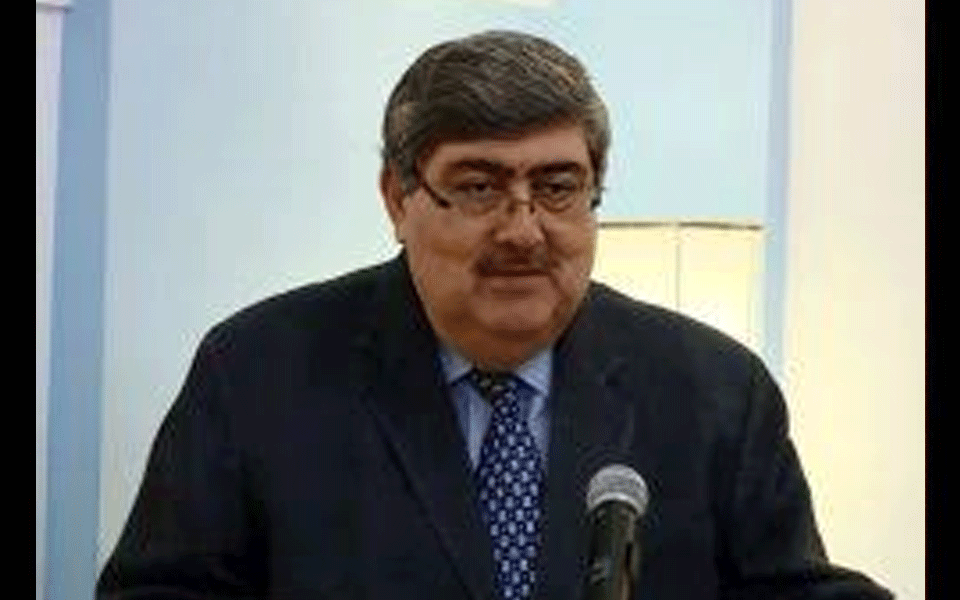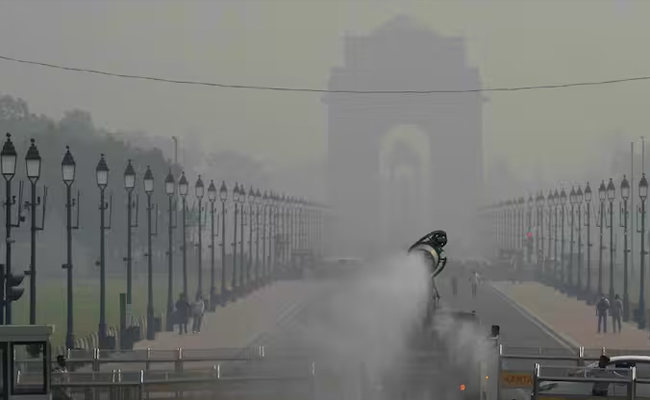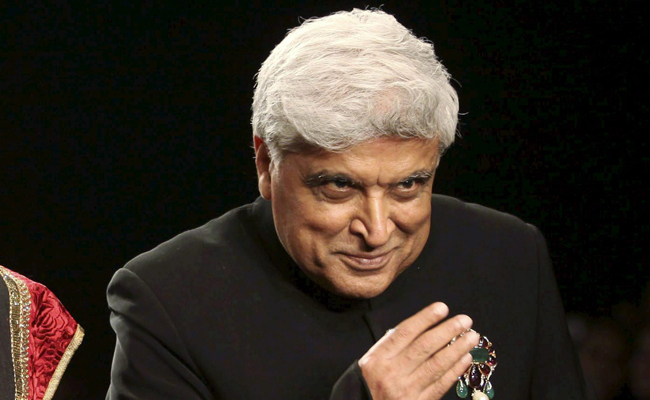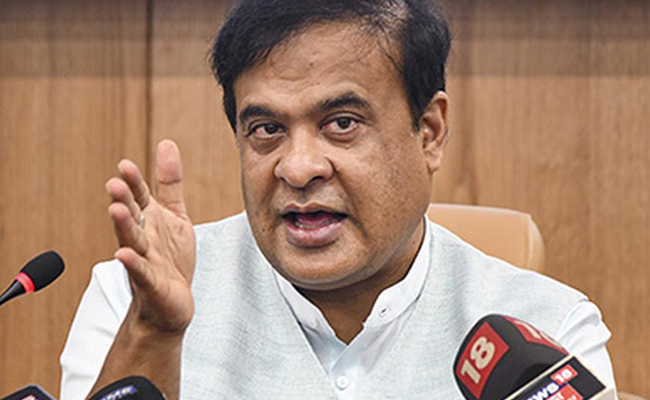New Delhi: Just as the world is changing, the judiciary has to keep pace with the change in the expectations of society and needs of the vulnerable while also playing the role of a powerful, stabilising and moderating influence, Justice Sanjay Kishan Kaul said on Sunday.
Justice Kaul was delivering the vote of thanks at the culmination of the International Judicial Conference, 2020 held at the Supreme Court which was attended by Chief Justices and Judges from various countries.
He said judiciaries the world over play a common role in social transformation, adapting to the changing nature of developments in the face of information and communication technology, building diversity and eliminating discrimination.
"Just as the world is changing, the judiciary has to use its synergy and imagination in keeping pace with the changing expectations. The judicial system has to be bolstered to make the judiciary resilient and dynamic in the true sense of the word, to fulfil the role of a powerful, stabilizing and moderating influence.
"Rule of law can be established with public trust and the judiciary cannot be oblivious to changes in the society and to needs of the most vulnerable," Justice Kaul said.
Referring to some of the topics like gender justice which were discussed in the conference, he said there was a "need to weed out entrenched prejudices" by way of progressive pronouncements like the recent Supreme Court ruling to grant permanent commission and command postings to women in the Indian armed forces.
Justice Kaul further said the problem of remaining objective in the face of populism needs considerable debate as "the majority view is normally reflected by the government of the day and it is the judiciary which plays the balancing act".
"The role of the judiciary, thus, may often become anti-majoritarian," he added.
Referring to the conflict between development and environment protection which often requires the judiciary to step into the executive's domain, he said, "If we mess with nature, the nature messes with us in a ruthless manner".
In his vote of thanks, Justice Kaul also paid tribute to President Ram Nath Kovind saying "Rashtrapati ji's rise to the highest office of the land is a reflection of the aspiring India, where, through hard-work and dint of effort, people rise to occupy their rightful positions in the social and cultural milieu of the country".
Let the Truth be known. If you read VB and like VB, please be a VB Supporter and Help us deliver the Truth to one and all.
New Delhi (PTI): Delhi's air quality worsened to the 'severe plus' category on Monday with the city recording an AQI of 484. Tighter pollution control measures, including a ban on truck entry and suspension of construction at public projects, came into force in the morning.
The dense toxic smog caused visibility to drop sharply in the morning.
According to officials, visibility at Safdarjung airport was 150 metres.
Delhi's Air Quality Index (AQI) stood at 484, the worst this season, at 8 am, according to the Central Pollution Control Board (CPCB).
The AQI was 441 at 4 pm on Sunday and rose to 457 by 7 pm due to unfavourable weather conditions.
With the AQI crossing 450, the Commission for Air Quality Management in the National Capital Region and Adjoining Areas ordered the implementation of Graded Response Action Plan (GRAP) Stage-IV restrictions in Delhi-NCR.
According to the order, no trucks will be allowed into Delhi except for those carrying essential items or using clean fuel (LNG/CNG/BS-VI diesel/electric).
Non-essential light commercial vehicles registered outside Delhi will also be prohibited, except for EVs and CNG and BS-VI diesel ones.
Delhi-registered BS-IV or older diesel medium and heavy goods vehicles are banned, except for those in essential services, the order said.
All construction activities, including highways, roads, flyovers, power lines, pipelines and other public projects, have been suspended.
The CAQM recommended that offices in the National Capital Region (NCR) work at 50 per cent capacity, with the rest working from home.
The Delhi government asked all schools to discontinue physical classes for all students, except those in classes 10 and 12, from Monday.
An AQI of 400 or higher is deemed 'severe' and it can have an adverse effect on both healthy individuals and people who already have medical conditions.
First implemented in 2017, the GRAP is a set of anti-air pollution measures followed in the capital and its vicinity according to the severity of the situation.
It classifies the air quality in the Delhi-NCR under four different stages: Stage 1 - 'poor' (AQI 201-300), Stage 2 - 'very poor' (AQI 301-400), Stage 3 - 'severe' (AQI 401-450) and Stage 4 - 'severe plus' (AQI above 450).
Delhi recorded a minimum temperature of 16.2 degrees Celsius, 3.9 degrees above normal. The maximum temperature is expected to settle at 27 degrees Celsius, according to the India Meteorological Department (IMD).
The weather department has predicted very dense fog during the day.





